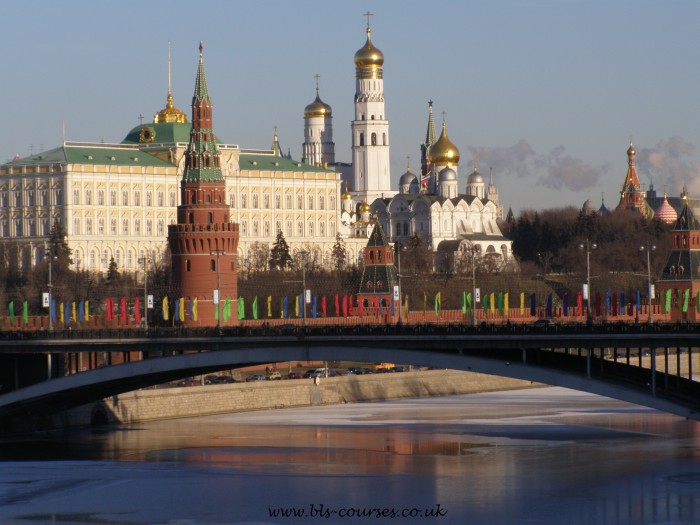What do we know about the Russian language?
Russian is the 5th most widely spoken language in the world with 277 million speakers. Russia itself has 142 million native speakers and is the world’s largest country. Russian is one of the six official languages of the United Nations. Due to the size of the Soviet Union a significant part of the world understands Russian.
Russian comes from the Slavic group of the Indo-European languages. Russian, Ukrainian and Belorussian languages form the East Slavic part of this group.
The difficulties of learning Russian
The difficulties of learning Russian alphabet are often exaggerated. Though the Cyrillic alphabet is based on Greek, it still has a resemblance to Latin. There are 33 letters in the Russian alphabet, most of which are pronounced and read in words the same way as they are in the alphabet. You will be surprised how easily you can read Russian aloud once you have mastered the alphabet.
Russian words have one stressed syllable. The stressed syllable is longer and articulated more tensely than the unstressed ones. Unstressed vowels in Russian lose their full value. An unstressed word without any syllable accented will still be perfectly correct and understood, especially when spoken by a foreigner.
A little bit about Grammar
- Russian nouns have 3 genders: masculine, feminine and neuter, which are distinguished by the gender endings
- there is no article in Russian: “the table” and “a table” are both translated “стол”
- auxiliary verbs are hardly used in Russian, the present tense of “to be” is not used as it is in English, for example: He is here– Он тут
- Russian is a language with a case system. Nouns appear in different cases, indicated by different endings, according to the role they fulfil in the sentence. There are 6 cases in Russian: nominative, accusative, genitive, dative, instrumental and prepositional.
- Each verb in Russian is conjugated based on person, number, tense and gender
It is important to know that the main difference between Russian and other languages is in the way of thinking: in the philosophy of the language. Understanding the mechanism of developing the language structure, including Russian word-building based on the semantic connection within groups of words which bind themselves to various aspects of life helps to reveal the philosophy of Russian and other Slavonic languages. Once this is understood, the language is not difficult.
Start reading as much as you can as soon as you master the alphabet.
Russian literature is best read in Russian to gain the full benefit of the richness of the language. Dostoevsky (Crime and Punishment), Tolstoy (War and Peace), Pushkin (Eugene Onegin), Gogol (The Nose) and Chekhov (The Cherry Orchard) are all writers of international prominence and form just a small selection of the great Russian writers.
Written by Natalia Adkins


